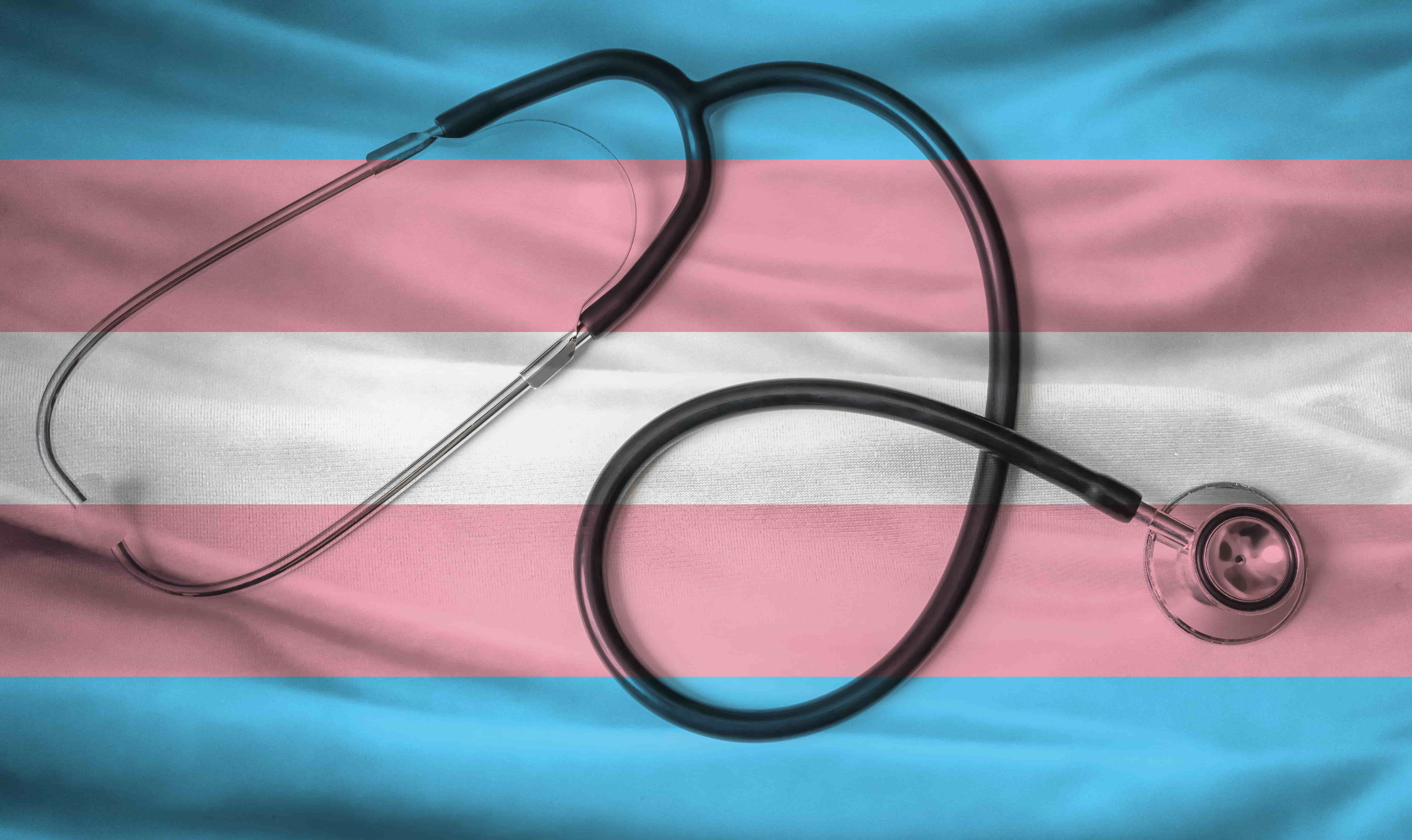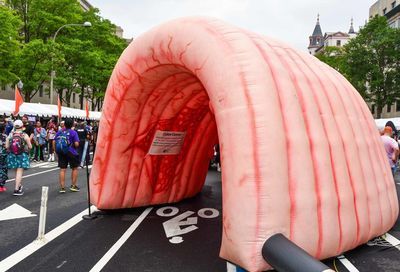California bill would end policy forcing transgender women to be housed in men’s prisons
Bill also requires prison officials to use correct names and pronouns in all interactions with trans and nonbinary inmates

California lawmakers have approved a bill requiring that transgender, nonbinary, and intersex individuals in the custody of the state Department of Corrections and Rehabilitation be classified according to their gender identity and housed based on their individual health or safety needs.
The bill, sponsored by Sen. Scott Wiener (D-San Francisco), passed the Assembly late Sunday night by a vote of 43-13, and the Senate voting to concur on changes introduced in the Assembly on Monday. The bill now heads to the desk of Gov. Gavin Newsom (D) for his signature into law.
Under Wiener’s bill, CDCR will record the inmate’s self-reported gender identity, pronouns, and honorifics, and all staff, contractors and volunteers affiliated with CDCR will be required to use those pronouns and honorifics in all verbal and written communications with, or regarding, the prisoner.
Transgender, nonbinary, and intersex inmates will have the choice of being housed based on their gender identity or their assigned sex at birth, whichever they believe would be safer for them, and CDCR must comply with that request.
Under the bill, any individual choosing to be housed based on their gender identity should have their housing request honored — even if that person has not undergone gender confirmation surgery.
Under current CDCR policy, individuals are house based only on their assigned sex at birth. As a result, transgender inmates, particularly transgender women, often experience higher rates of violence, including assault, harassment, or sexual victimization, due to their gender identity.
To protect those inmates from violence, prisons often exacerbate the situation by placing transgender people in solitary confinement “for their own protection.” Once in solitary confinement, those individuals can no longer access services like rehabilitative programming, educational programming, religious programming, or work opportunities, which have been proven to reduce rates of recidivism.
There are more than 1,000 transgender, nonbinary or intersex people housed in California prisons, although the state does not track which ones have been assigned to housing based on their gender identity. An extremely small number prisons have fulfilled requests from transgender people, often only in cases where they have undergone surgery.
“Transgender people in prison — particularly trans women — are at severe risk of assault and sexual victimization because they’re automatically housed by their birth-assigned sex,” Wiener said in a statement. “I’m authoring this legislation to ensure they can be housed where they’re safest. Transgender people should not be forced into isolation because they aren’t protected where they are forced to live. They should be able live by their gender, and SB 132 will allow for that outcome.”
Wiener previously introduced, but shelved, a similar bill last year in order to allow the CDCR to meet with activists and survey transgender prisoners about their comfort in reporting violence or harassment directed at them. Wiener then tried to incorporate that feedback into this year’s version of the bill.
The bill’s passage comes the same week that Fancy Lipsey, a transgender woman held at Mule Creek State Prison in Amador County, sued CDCR alleging that prison officials ignored her request to be transferred from the men’s prison, telling her to handle threats from her cellmate “like a man” and to stop using her gender identity to “work the system,” reports the San Francisco Chronicle. Eventually, her cellmate beat her with a blunt object because she refused to consent to sex with him. The attack left her with severe memory loss and slurred speech, her lawsuit alleges.
See also: Supreme Court refuses Idaho’s request to postpone transgender inmate’s surgery
Transgender advocates praised Wiener’s bill as a necessary step in protecting incarcerated transgender individuals from harm.
“This legislation will not just give agency, but also respect, to members of our community who unfortunately have to finish sentences that they were given,” Bamby Salcedo, the president and CEO of the Trans Latin@ Coalition, said in a statement. “Most importantly, they will be able to reclaim their dignity by choosing where they will be safer to finish their sentences.”
“This legislation represents a crucial measure toward reducing the violence and harassment faced by trans people incarcerated in the state of California,” Nora Huppert, a Renberg Fellow and attorney at Lambda Legal, said in a statement. “Hopefully, SB 132 is but the first step toward eliminating the conditions that expose trans people to violence and which are often created or ignored by the state.”
For far too long, transgender, nonbinary and intersex people have been stripped of their dignity, their sanity, and, for some, their lives behind bars,” Jen Orthwein, the founding partner at Medina Orthwein LLP, said in a statement. “It was our goal with SB 132 to ensure transgender, nonbinary and intersex people are treated with dignity and respect, and to empower them with the tools they need to seek safety and survive prison with some semblance of mental and bodily integrity intact.”
Read more:
National LGBT Chamber of Commerce endorses Joe Biden, calls him ‘champion for inclusion’
UMass Amherst College Democrats issue apology to gay congressional candidate Alex Morse
Support Metro Weekly’s Journalism
These are challenging times for news organizations. And yet it’s crucial we stay active and provide vital resources and information to both our local readers and the world. So won’t you please take a moment and consider supporting Metro Weekly with a membership? For as little as $5 a month, you can help ensure Metro Weekly magazine and MetroWeekly.com remain free, viable resources as we provide the best, most diverse, culturally-resonant LGBTQ coverage in both the D.C. region and around the world. Memberships come with exclusive perks and discounts, your own personal digital delivery of each week’s magazine (and an archive), access to our Member's Lounge when it launches this fall, and exclusive members-only items like Metro Weekly Membership Mugs and Tote Bags! Check out all our membership levels here and please join us today!

























You must be logged in to post a comment.